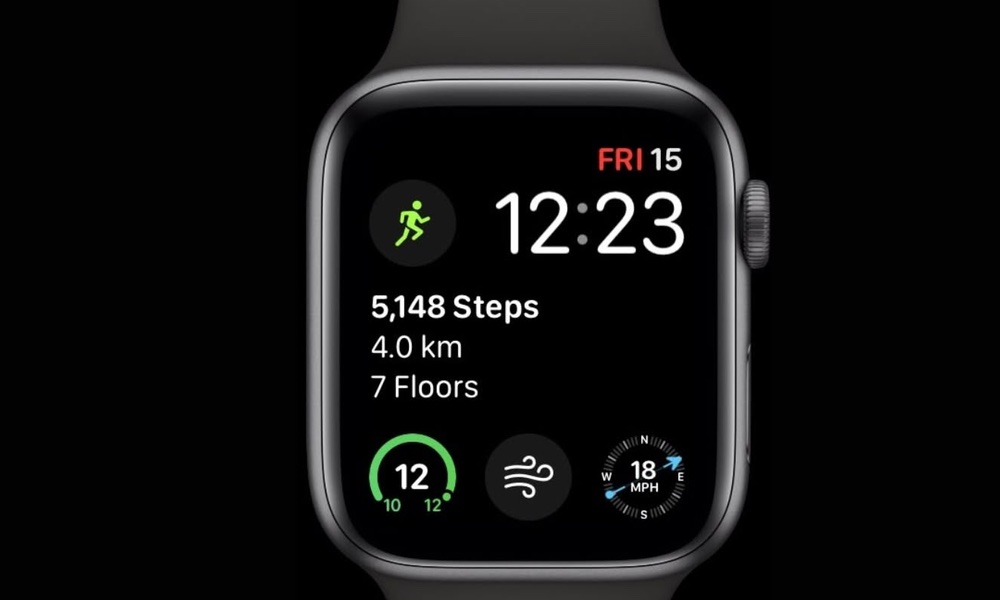The ability to diagnose adolescents with major depressive disorder may have just gotten a little easier, and that may make parents a whole lot happier.
A breakthrough has allowed scientists and clinicians to develop the first blood test that can diagnose major depression in teens. The current method of diagnosing depression is purely subjective, with doctors listening to patients recount their symptoms and their duration before making their decision.
The new method, which relies on genetic biomarkers taken from a blood screen, will allow doctors to more reliably diagnose teens.
Teens not treated for depression often develop other psychiatric disorders such as substance abuse and social maladjustment. Leaving adolescents untreated can also lead to suicide.
The test was developed at Northwestern University's Feinberg School of Medicine. To test its efficacy, the blood screen was given to 14 adolescent study subjects with major depression who had not been clinically treated and 14 non-depressed adolescents, all between 15 to 19 years old. All subjects were patients of Nationwide Children's Hospital in Columbus, Ohio, and were matched by sex and race.
The lead investigator of the study, Eva Redei, developed the blood screen after years of identifying biomarkers of depression in rodent models. After acquiring the blood samples, members of Redei's lab were able to perform the genetic screen while remaining blind to the diagnoses of the subjects.
A total of 26 different genetic markers were screened, and 11 of the markers differentiated between depressed and non-depressed adolescents. Eighteen of the markers distinguished between patients who had major depression and patients that had major depression plus anxiety disorder.
"These 11 genes are probably the tip of the iceberg because depression is a complex illness," said Redei, Redei, a professor of psychiatry and behavioral sciences at Feinberg School of Medicine in a press release. "But it's an entrée into a much bigger phenomenon that has to be explored. It clearly indicates we can diagnose from blood and create a blood diagnosis test for depression."
This is because many of the medications that are used for adults with major depression have to be considered cautiously because they may not be effective or may lead to worse outcomes in adolescents with the same disorder.
Teens not treated for depression often develop other psychiatric disorders such as substance abuse and social maladjustment. Leaving adolescents untreated can also lead to suicide. However, as an indicator of the difficulties of treating adolescent depression, none of the 14 teens diagnosed with depression who underwent the blood screen opted for further treatment.
The study has been published in the journal Translational Psychiatry.




